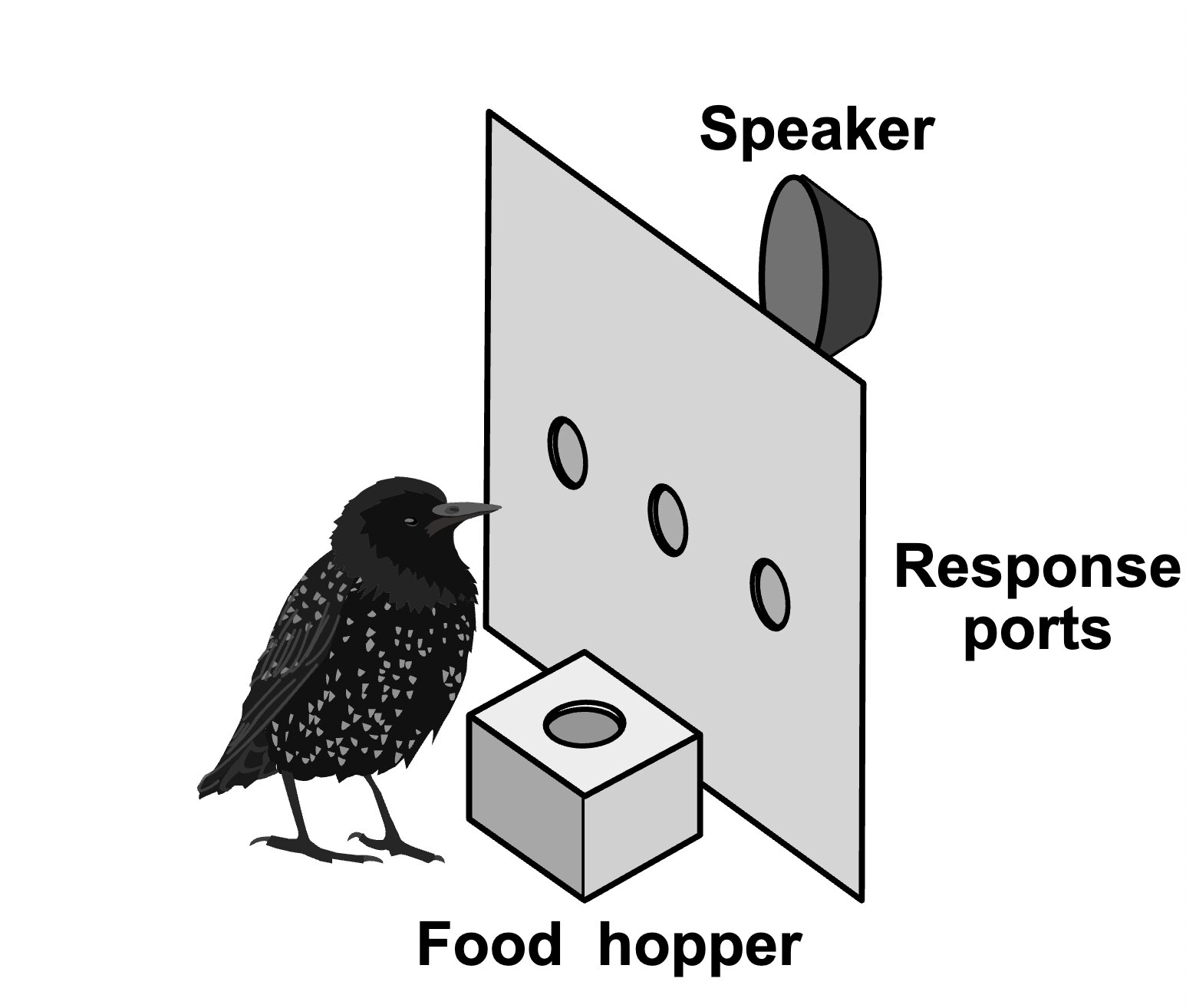How perceptions are influenced by expectations
How perceptions are influenced by expectations
Past neuroscience and psychology studies have shown that people’s expectations of the world can influence their perceptions, either by directing their attention to expected stimuli or by reducing their sensitivity (i.e., perceptual acuity) to variations within the categories of stimuli we expect to be exposed to.
While the effects of expectations on perceptions are now well-documented, their neural underpinnings remain poorly understood.

Now, a team of researchers carried out a study 1 involving songbirds aimed at better understanding how expectation-fuelled biases in perception shape brain activity and behaviour.
Their findings suggest that the perceptions of songbirds, like those of humans, are influenced by expectations, with peripheral sensory systems utilizing expectations to enhance sensory perception and retain high-fidelity representations of the world.
The work was inspired by an observation about human speech, namely that listeners are able to comprehend speech even though there is a great degree of variability in the sound entering their ears. Humans not only are tasked with understanding speech in noisy environments, but also have to deal with variability in the actual speech signal.
Human speakers are known to have different voices, while also pronouncing many words differently. Past studies suggest that the human brain possesses robust underlying mechanisms designed to address these differences, by grouping speech sounds into stable perceptual categories, a process referred to as “categorical perception.”
One of these mechanisms is that we use context to cue and bias our perception. The goal of the study was to understand how that bias works in behaviour and in the brain.
Songbirds are known to share many similarities with humans in terms of their vocal behaviour, thus studying them can help to better understand human speech and speech-related perceptions.
Behaviourally, the authors were interested in how expectation biases perception in songbirds. To study this, they needed to be able to synthesize birdsongs, so they developed generative neural network models that could create synthetic songs. They then played these songs back to the bird, and modulated their expectations over what they would hear.

The team’s initial experiments utilizing synthesized birdsongs showed that, similarly to humans who are listening to others speak, the perceptions of songbirds while listening to birdsongs are biased by their expectations. Subsequently, the team carried out further experiments aimed at understanding the brain processes involved in the expectation-guided perceptions they observed.
The neural basis was studied by recording the electrical activity of populations of neurons in the brain while birds listened to and classified the synthetic songs The aim was to understand whether the sensory brain showed the same signs of bias as in behaviour, or if that bias occurs elsewhere.
Overall, this study confirmed the hypothesis that the song perceptions of songbirds closely resemble the speech perceptions of humans. Specifically, it gathered strong evidence suggesting that the vocal perceptions of songbirds are also biased and influenced by expectations.
The second important finding of this study emerged from the team’s second experiment probing the neural basis of context-dependent categorical perception in songbirds. While their first experiment showed that the birds’ expectations influenced how they classified songs, the second was aimed at determining whether the birds’ sensory systems reflected this shift in perception.
Some researchers hypothesized that the sensory brain would integrate expectations with the incoming sound, and so it was one of the starting hypotheses. But they found this not to be the case at all. Instead, the sensory brain appears to use expectation in a cleverer way, by rededicating neural responses to focusing on relevant, expected signals, improving perceptual acuity.
Consequently, it then leaves the bias to downstream processing like motor and decision-making regions of the brain. In this way, the brain can retain high-fidelity, unbiased, representations of the world, while still incorporating bias to make optimal decisions.
Songbirds probabilistically integrate expectations in their song perceptions, but their sensory brains remain unbiased.
References
- Sainburg, T., McPherson, T.S., Arneodo, E.M. et al. (2025) Expectation-driven sensory adaptations support enhanced acuity during categorical perception. Nat Neurosci doi: 10.1038/s41593-025-01899-1 ↩